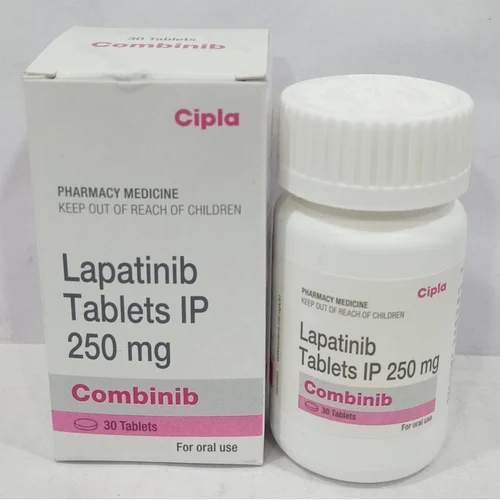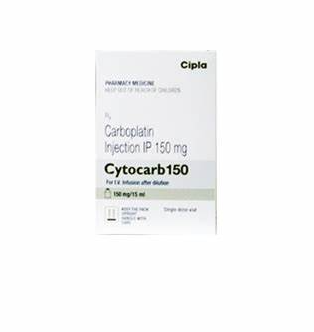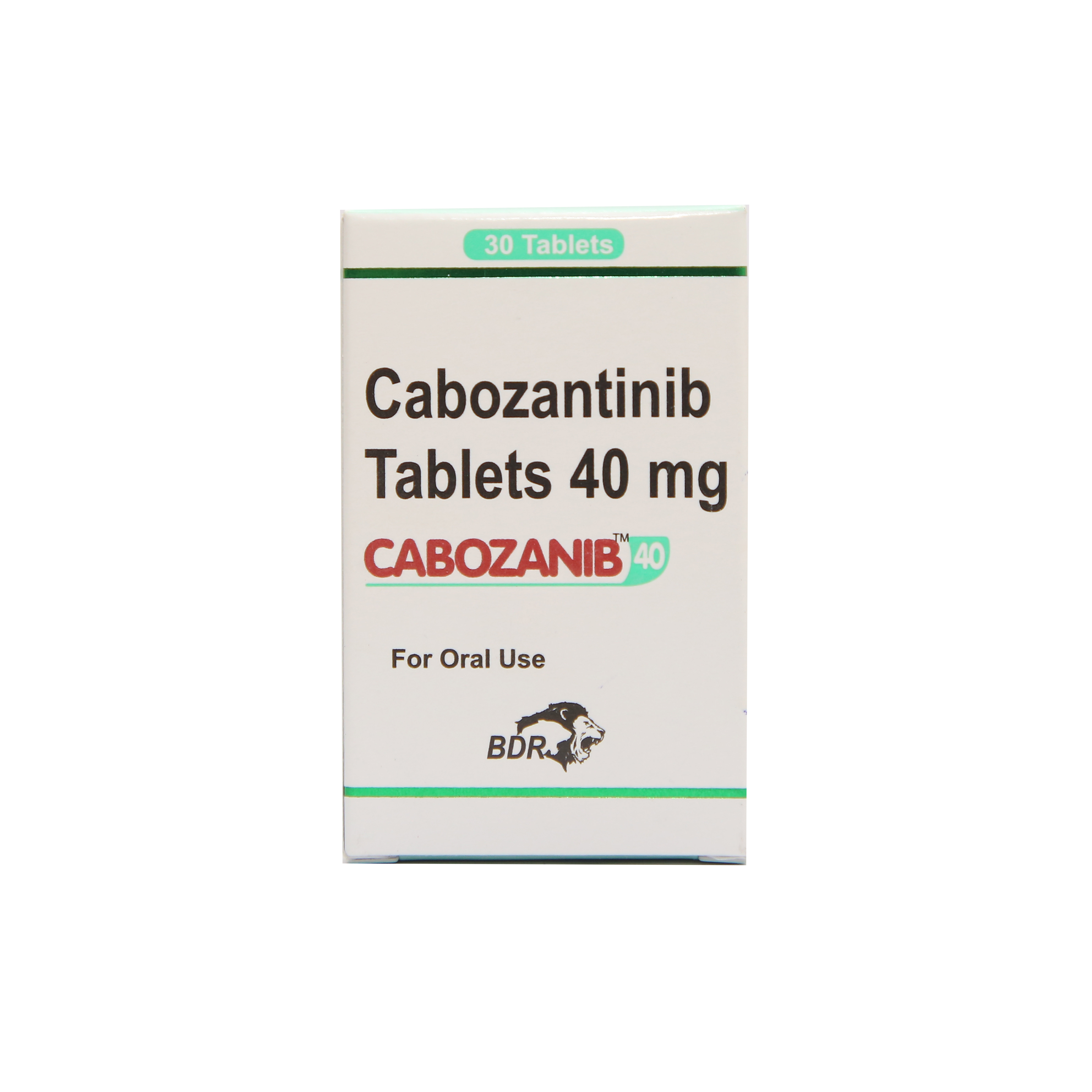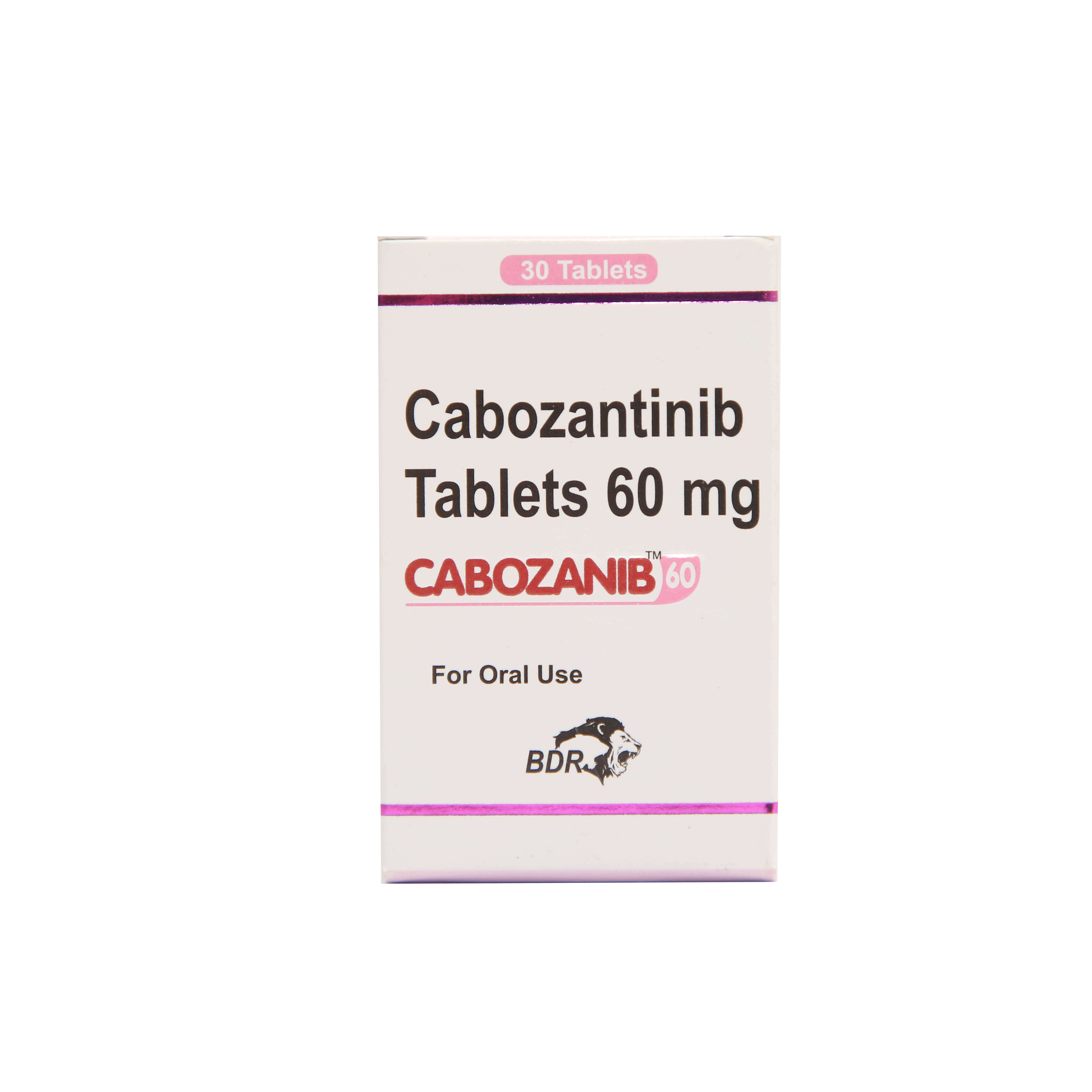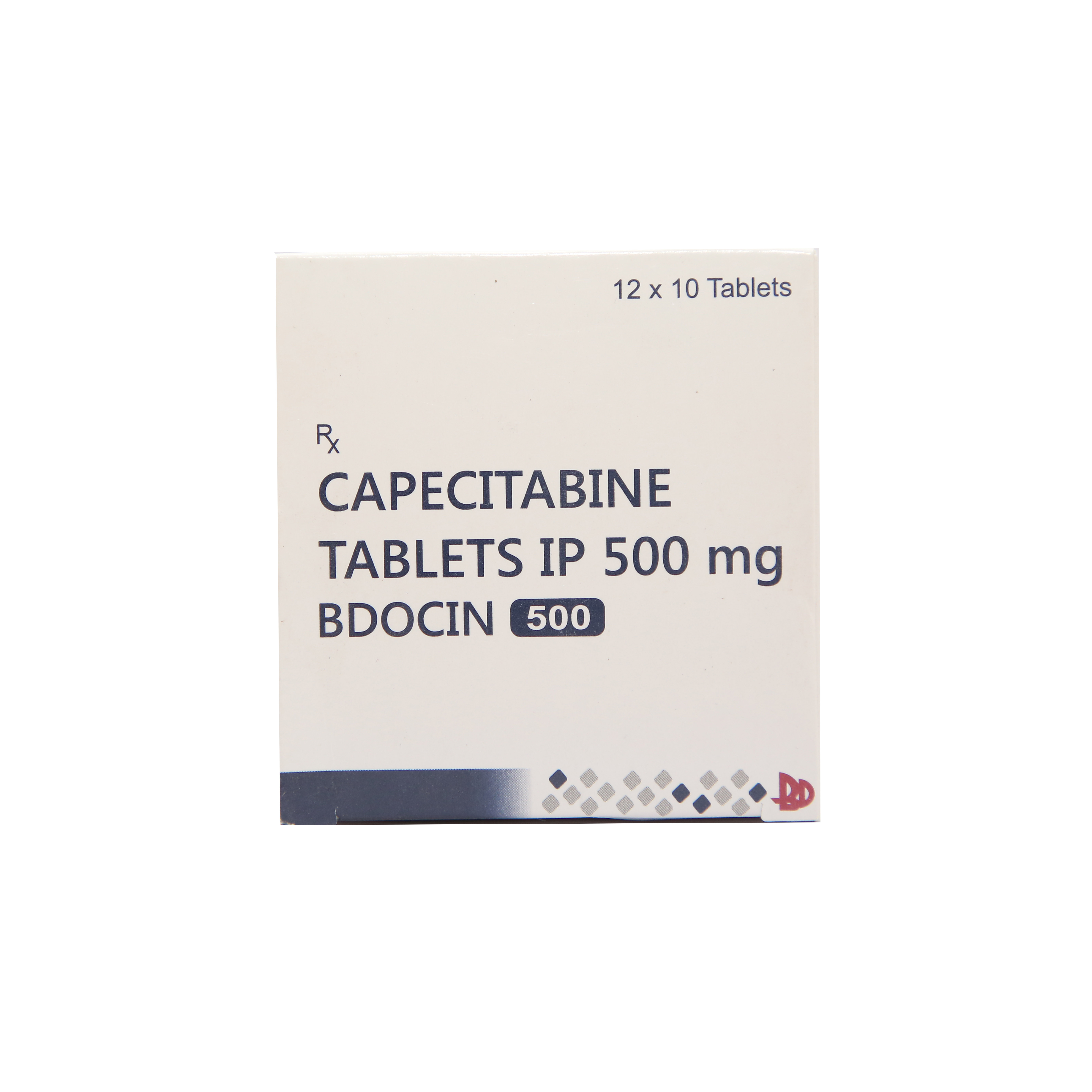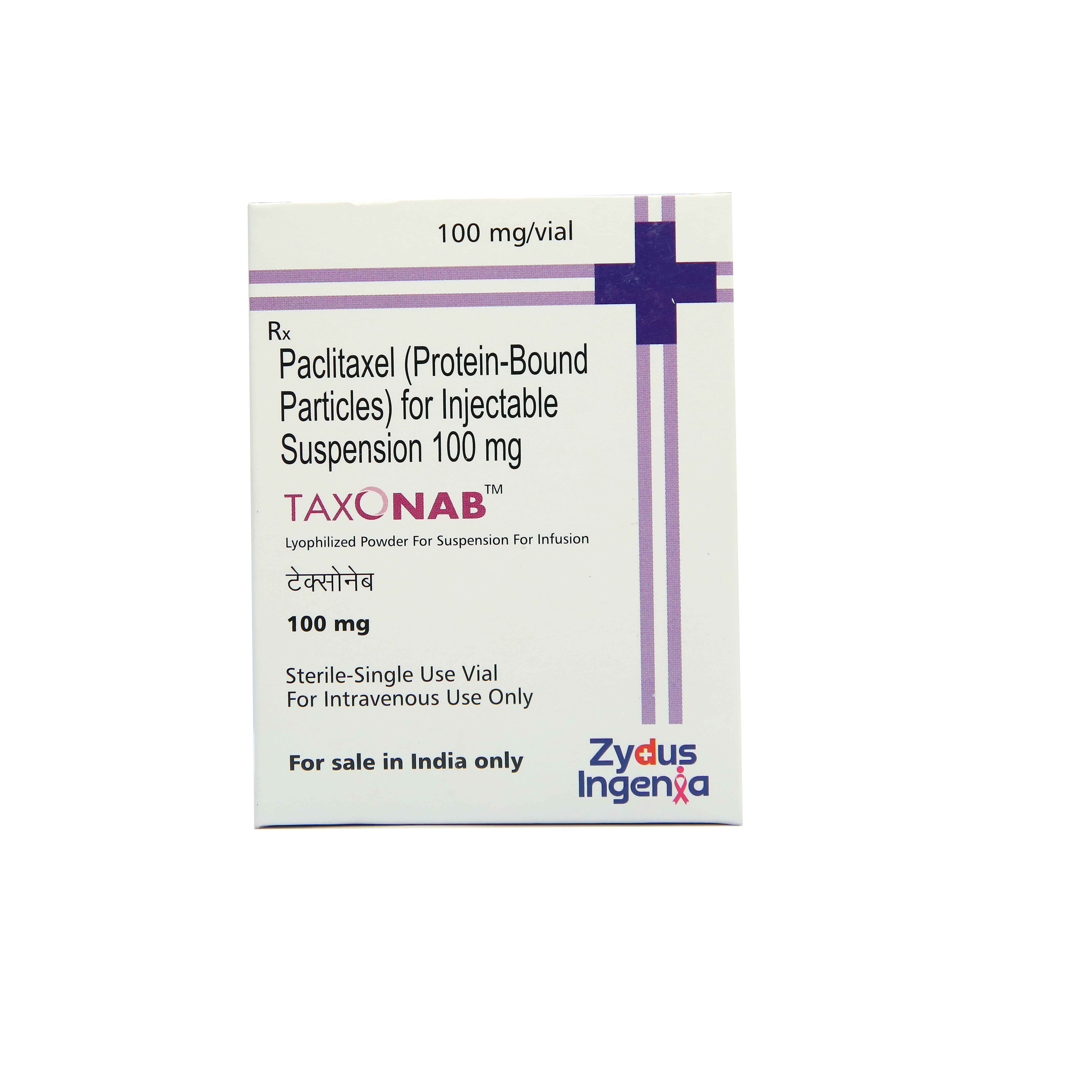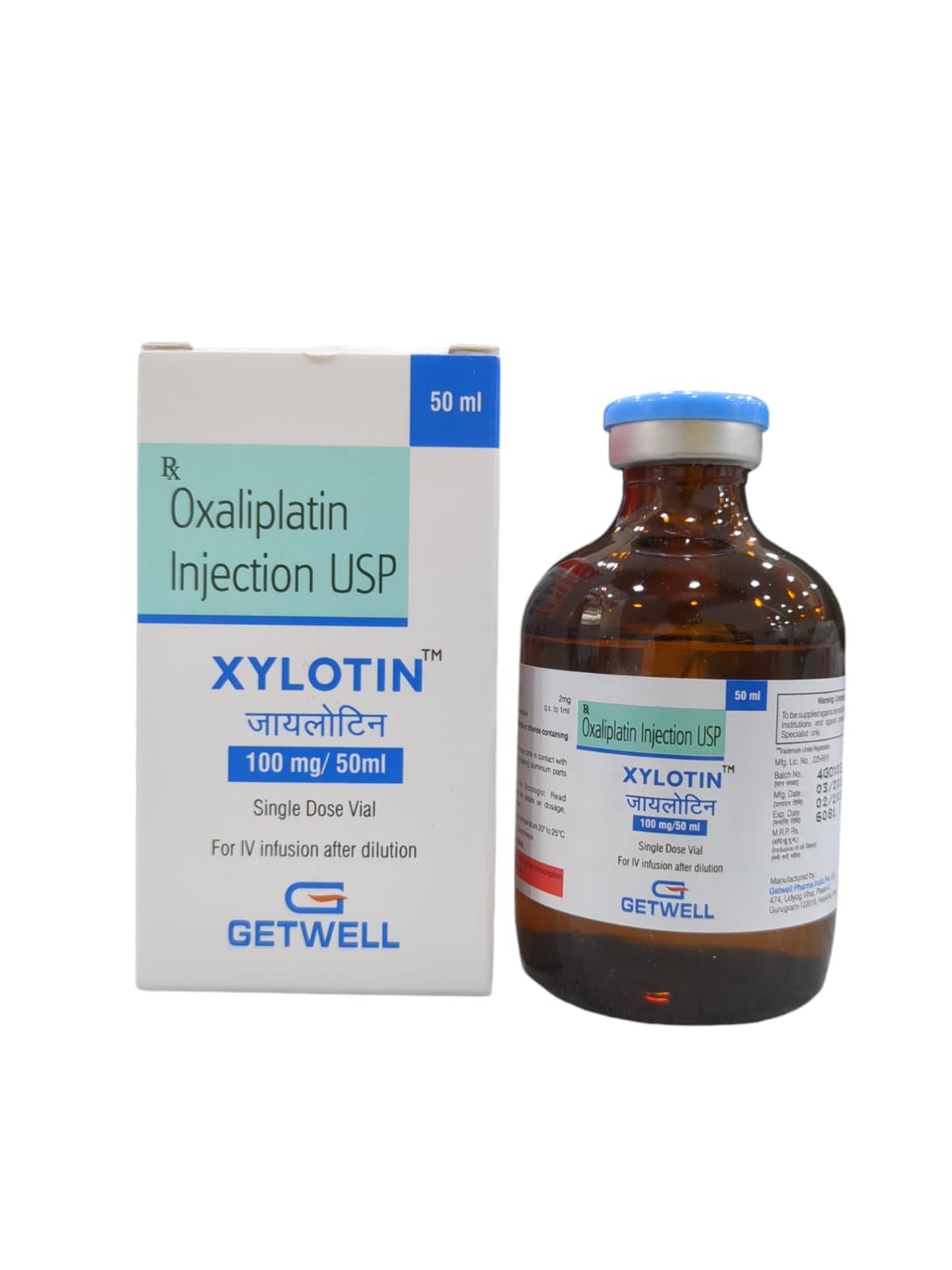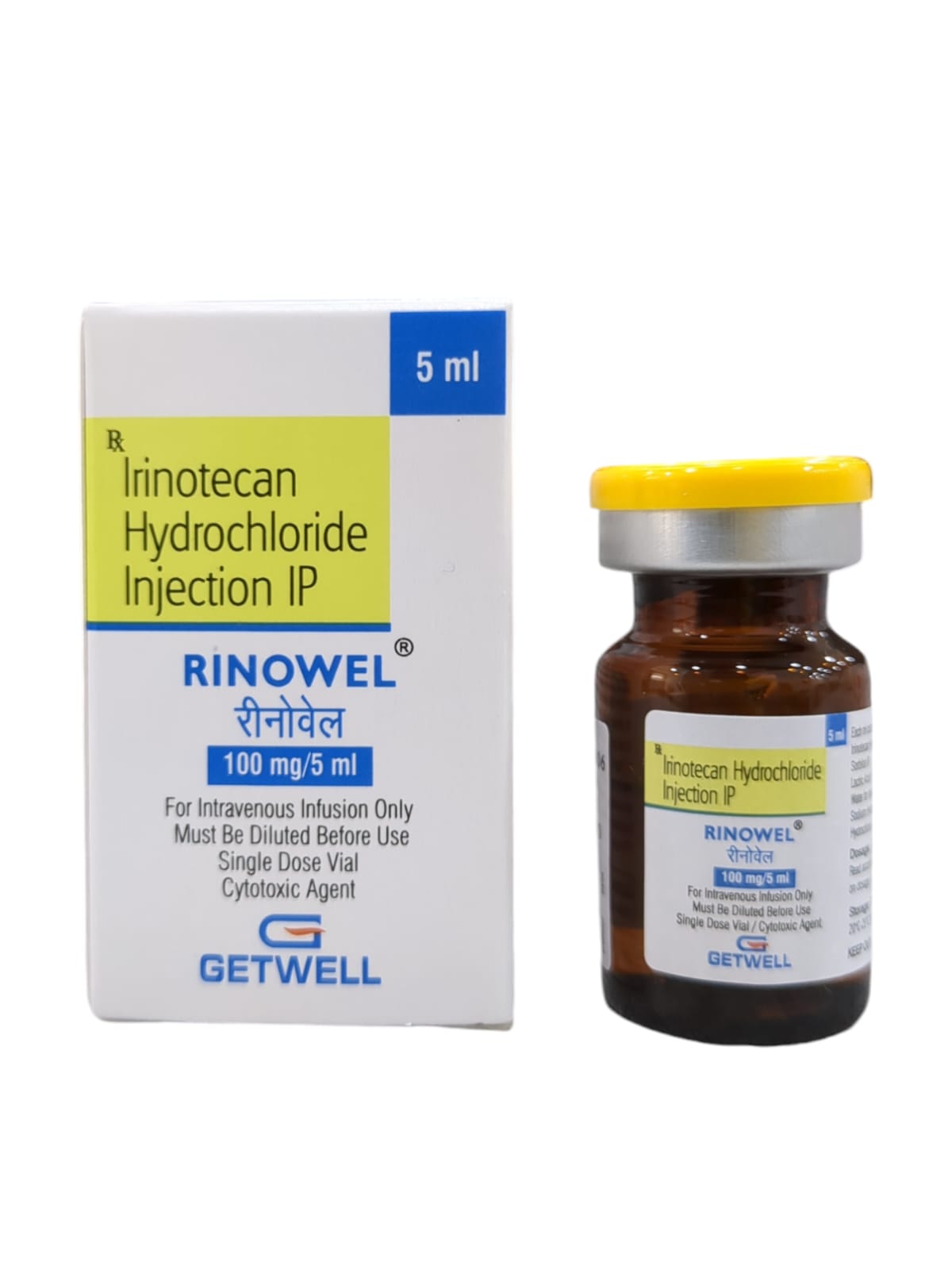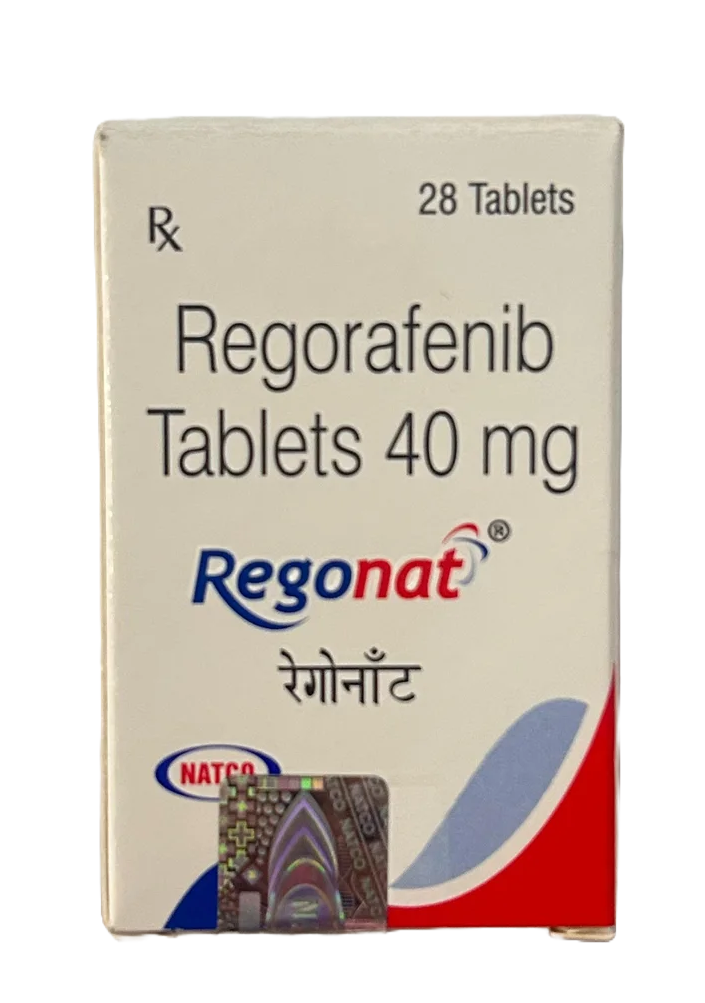Combinib 250mg Tablet is used in the treatment of breast cancer. It works by stopping or slowing down the growth of cancer cells. It is either used alone or in combination with some other medicine to cure advanced-stage breast cancer. Combinib 250mg Tablet should be taken on an empty stomach or an hour before or 2 hours after a meal. The dose and duration vary according to the severity of your condition and your response to treatment. Take it exactly as prescribed to avoid serious side effects. It may take several weeks or months for you to see or feel the benefits but do not stop taking it unless your doctor tells you to. The most common side effects of this medicine include nausea, headache, back pain, and breathing difficulty. It may cause severe diarrhea, drink plenty of fluids or consult with your doctor if it bothers you. You may be asked for regular monitoring of blood pressure while taking this medicine. Inform your doctor if you notice a severe headache, confusion, problems with your eyesight, nausea, or vomiting. Your doctor may check your liver function before, during, and after treatment with this medicine. Before taking Combinib 250mg Tablet, let your doctor know if you have liver or kidney problems. Many other medicines can affect, or be affected by, this medicine so let your healthcare team know all medications you are taking. This medicine is not recommended during pregnancy or while breastfeeding. The use of effective contraception by both males and females during treatment is important to avoid pregnancy. There is a Patient Support Program/Patient Assistance Program available in India for this medicine, being managed by Tata 1mg. Please contact your prescribing doctor to know more about the same. You may also call on (1800-102-1618) for more details. Uses of Combinib Tablet Pancreatic cancer Small cell lung cancer Liver cancer Kidney cancer Thyroid cancer Blood cancer (Chronic myeloid leukaemia) Gastrointestinal stromal tumour Cancer of colon and rectum Non-small cell lung cancer Soft tissue sarcoma Chronic idiopathic myelofibrosis Breast cancer Side effects of Combinib Tablet Most side effects do not require any medical attention and disappear as your body adjusts to the medicine. Consult your doctor if they persist or if you’re worried about them Common side effects of Combinib Abdominal pain Back pain Breathing problems Constipation Cough Diarrhea Fatigue Headache Hot flashes Increased bilirubin in the blood Insomnia (difficulty in sleeping) Joint pain Liver damage Loss of appetite Mucosal inflammation Nausea Pain in extremities Rash Stomatitis (Inflammation of the mouth) Vomiting Weakness Weight gain How to use Combinib Tablet Take this medicine in the dose and duration as advised by your doctor. Swallow it as a whole. Do not chew, crush or break it. Combinib 250mg Tablet is to be taken empty stomach. How Combinib Tablet works Combinib 250mg Tablet is an anti-cancer medication. It works against the HER2 (human epidermal growth factor receptor protein) receptors and EGFRs (epidermal growth factor receptor) which are responsible for the over-proliferation of cells. This is how it inhibits the growth of cancerous cells causing downstream signaling pathways. Safety advice warnings Alcohol CONSULT YOUR DOCTOR It is not known whether it is safe to consume alcohol with Combinib 250mg Tablet. Please consult your doctor. warnings Pregnancy CONSULT YOUR DOCTOR Combinib 250mg Tablet is unsafe to use during pregnancy as there is definite evidence of risk to the developing baby. However, the doctor may rarely prescribe it in some life-threatening situations if the benefits are more than the potential risks. Please consult your doctor. warnings Breast feeding UNSAFE Combinib 250mg Tablet is unsafe to use during breastfeeding. Data suggests that the drug may cause toxicity to the baby. warnings Driving UNSAFE Combinib 250mg Tablet may cause side effects which could affect your ability to drive. warnings Kidney CAUTION Combinib 250mg Tablet should be used with caution in patients with severe kidney disease. Dose adjustment of Combinib 250mg Tablet may be needed. Please consult your doctor. Limited information is available on the use of Combinib 250mg Tablet in these patients. No dose adjustment is recommended in patients with mild to moderate kidney disease. warnings Liver CAUTION Combinib 250mg Tablet should be used with caution in patients with liver disease. Dose adjustment of Combinib 250mg Tablet may be needed. Please consult your doctor. Limited information is available on the use of this medicine in patients with the severe liver disease.
Send Message